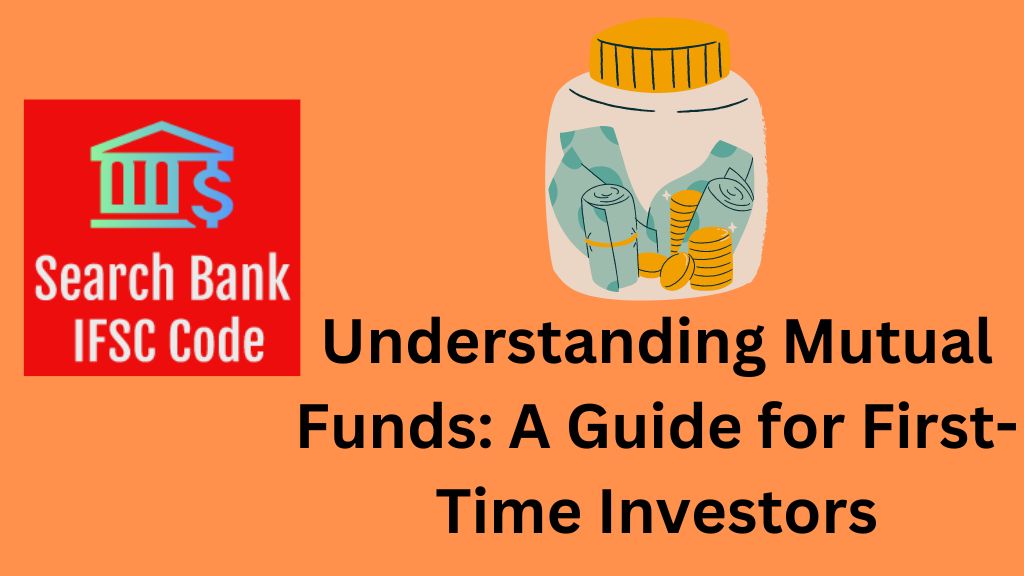Financial Fraud Prevention and Cybersecurity for Individuals
Created at: 2023-08-12
In today's digital age, where financial transactions are increasingly conducted online, the risk of falling victim to financial fraud and cyber crimes has become a pressing concern for individuals. From unauthorized access to bank accounts to identity theft, cybercriminals employ sophisticated methods to exploit vulnerabilities and compromise personal and financial information. As a result, it's imperative for individuals to be well-informed about financial fraud prevention and cybersecurity measures to safeguard their hard-earned money and personal data.
Understanding Financial Fraud:

Financial fraud encompasses a wide range of illegal activities aimed at unlawfully acquiring financial resources or sensitive information. These can include credit card fraud, identity theft, phishing scams, Ponzi schemes, and more. Cybercriminals use various techniques to deceive individuals into revealing their confidential information or transferring money to fraudulent accounts. It's crucial to be aware of the common signs of fraud and to exercise caution when sharing personal and financial information online.
The Importance of Cybersecurity:
Cybersecurity involves the practices, technologies, and processes designed to protect computers, networks, and data from cyber threats. For individuals, this means adopting measures to secure personal devices, such as smartphones, laptops, and tablets, and practicing safe online behavior to prevent unauthorized access and data breaches. Cybersecurity measures include using strong and unique passwords, enabling two-factor authentication, keeping software up to date, and being cautious while clicking on links or downloading attachments.
Tips for Financial Fraud Prevention and Cybersecurity:
- Educate Yourself: Stay informed about the latest types of financial fraud and cyber threats. Understand the tactics cybercriminals use to manipulate individuals into sharing sensitive information.
- Strong Passwords: Use strong and complex passwords for online accounts. Avoid using easily guessable information such as birthdays or names. Consider using a mix of upper and lower-case letters, numbers, and special characters.
- Two-Factor Authentication (2FA): Whenever possible, enable two-factor authentication for your online accounts. This adds an extra layer of security by requiring you to provide a second form of verification, such as a text message code, in addition to your password.
- Phishing Awareness: Be cautious of unsolicited emails, messages, or calls asking for personal or financial information. Avoid clicking on suspicious links and never provide sensitive information in response to unsolicited communications.
- Secure Wi-Fi Networks: Use secure Wi-Fi networks when conducting financial transactions or accessing sensitive information. Public Wi-Fi networks can be vulnerable to cyberattacks, so avoid accessing sensitive accounts on such networks.
- Regularly Check Accounts: Regularly review your bank and credit card statements to identify any unauthorized transactions. If you notice any discrepancies, report them to your financial institution immediately.
- Install Security Software: Use reputable antivirus and anti-malware software to protect your devices from potential threats. Keep the software updated to ensure optimal protection.
- Be Cautious on Social Media: Be mindful of the information you share on social media platforms. Cybercriminals can gather personal details from social media profiles to facilitate identity theft.
- Avoid Unsecured Websites: Only provide sensitive information on secure websites that begin with "https://" and display a padlock symbol in the address bar.
Conclusion:
In today's interconnected world, the significance of financial fraud prevention and cybersecurity cannot be overstated. The digital age has brought immense convenience and opportunities, but it has also exposed us to unprecedented risks. As we navigate the virtual landscape of online transactions, sensitive information sharing, and personal interactions, it's imperative to recognize that our vigilance and proactive measures are paramount.
Understanding the tactics employed by cybercriminals is a fundamental step in safeguarding ourselves. Cybercriminals often use phishing emails, fraudulent websites, and social engineering tactics to exploit vulnerabilities. By being aware of these ploys, we empower ourselves to detect suspicious activities and respond effectively.
Implementing strong cybersecurity practices is akin to building a fortress around our digital presence. Utilizing complex and unique passwords, enabling two-factor authentication, and ensuring that our devices and software are up to date are like installing layers of protection. Each layer acts as a barrier that cybercriminals must overcome, making their malicious endeavors considerably more challenging.
However, our responsibility doesn't end with personal precautions alone. Advocacy and spreading awareness are equally important. Educating our family members, friends, and colleagues about potential risks and best practices creates a collective shield against cyber threats. By promoting a culture of cybersecurity, we contribute to the overall safety of our digital ecosystem.
It's important to recognize that the ramifications of a cyberattack extend beyond immediate financial loss. The breach of personal data can lead to identity theft, reputational damage, and emotional distress. Cybersecurity is not just about protecting bank accounts; it's about preserving our peace of mind and our trust in digital interactions.
As technology continues to advance, so do the strategies of cybercriminals. Therefore, our commitment to staying informed and adapting to new challenges must be ongoing. Regularly educating ourselves about emerging threats and the latest protective measures ensures that we remain ahead of potential vulnerabilities.
In conclusion, the world of finance and technology is evolving at an unprecedented pace, and with it, the risks we face. However, armed with knowledge, awareness, and the tools to fortify our digital lives, we can confidently navigate this landscape. Financial fraud prevention and cybersecurity are not just buzzwords; they are the shields that ensure our financial security, preserve our personal privacy, and empower us to embrace the opportunities of the digital age. By investing in our digital well-being, we invest in a future where technology enriches our lives without compromising our peace of mind.
At SearchBankIFSCCode, we are deeply committed to enhancing your financial knowledge and security. Our platform serves as a valuable resource, providing insights into various financial aspects, including fraud prevention, investment strategies, and more. Stay up-to-date with the latest trends in banking, finance, and cybersecurity, and embark on a journey of digital empowerment. To learn more about banking in India, explore HDFC Bank IFSC Code.




